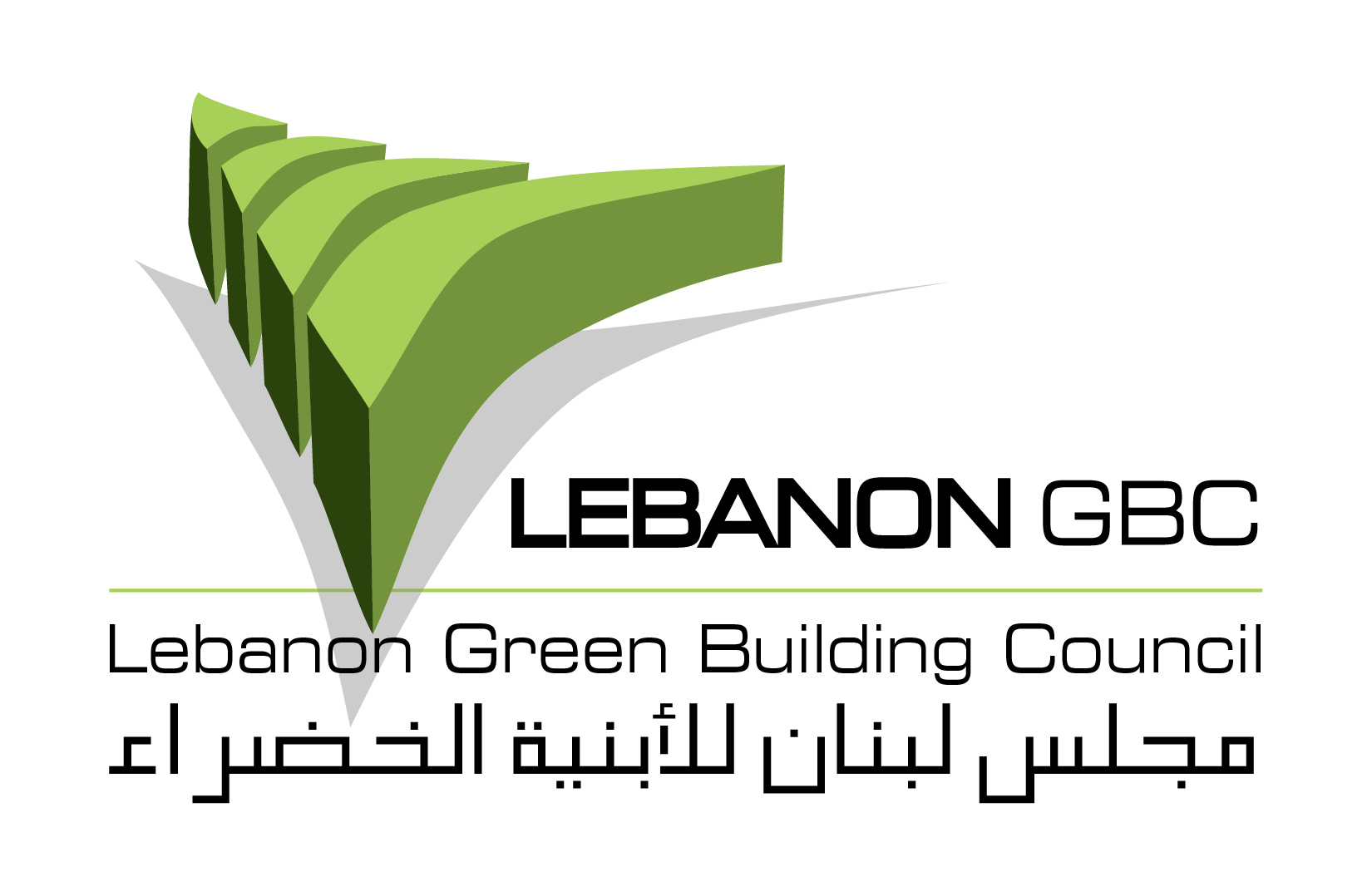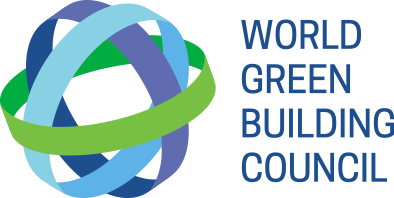WORLD GBC MENA
24-26 February 2019
Lebanon Green Building Council participated in The MENA Green Building Congress that was held on 24-26 February 2019 at the Kempinski Hotel, Amman – Jordan. It was organised by the World Green Building Council (WorldGBC) MENA Regional Network under the patronage of HE Dr. Omar Al Razzaz, Prime Minister of Jordan, in cooperation with the Jordan Green Building Council, and with the sponsorship from Majid Al Futtaim Holding- LGBC GOLD CORPORATE MEMBER.
WorldGBC’s MENA Green Building Congress 2019 represented an opportunity to share the latest trends across the industry internationally and regionally. It was a chance to share success stories and discuss ways we can collectively respond to challenges facing the region. Furthermore, the congress highlighted means to ensure that buildings provide a high quality of life for people, minimize negative impacts on the environment, and maximize economic benefits. Hitherto, four thematic areas were discussed upon priority to come up with actions and goals to achieve the congress’s main aims, and after detailed deliberations, the following declaration was adopted:
We acknowledge the need to advance net zero building to achieve Paris Agreement goals
WorldGBC defines a net zero carbon building as a highly energy efficient building with all remaining energy generated from on-site and/or off-site renewable sources. WorldGBC’s MENA Regional Network strives to apply key principles of the Paris Agreement to advance net zero buildings which are as follows: to measure and disclose carbon, reduce energy demand, generate a balance from renewable and improve verification and rigor. We recognise the need to create certificates, ensure corporate engagement, develop training and education courses, and guarantee government engagement to ensure that all new building will operate at net zero carbon by 2030, and 100% of buildings will net zero carbon buildings by 2050.
We call for sustainable reconstruction and city regeneration
Urban areas and infrastructure across Syria, Iraq, Yemen, Libya and Gaza have suffered large-scale damage and destruction due to multiple recent and ongoing conflicts. These countries also face severe levels of water stress and environmental degradation overlaid by climate change. Extreme temperatures coupled with lack of access to power are already exacerbating inequalities across the region. We believe that reconstruction should increase countries’ long-term prospects for inclusion of returnees, enhance social stability and economic recovery. Accordingly, we acknowledge the need to develop reconstruction and city regeneration guidelines that build on international best practice and to advocate with international agencies and governments to adopt these guidelines.
We recognise the need for healthier buildings for all
WorldGBC sees the need to demonstrate the human-centric co-benefits of a sustainable built environment, specifically around health and wellbeing given that humans spend up to 90% of their time indoors. WorldGBC’s MENA Regional Network recognises the need to promote and develop research, case studies, capacities and surveys about health and wellbeing in buildings to create better air quality, introduce green products and learn how to create an interaction between indoors and outdoors which will harness more daylight into indoor spaces.
We realise the need to address embodied carbon in combating climate change
The term ‘embodied carbon’ is associated with the building lifecycle and includes emissions associated with the production, transportation and disposal of building materials and the construction process itself. In order to achieve carbon emission reductions necessary to achieve a below 1.5 degrees scenario, construction sectors must fully decarbonize. We hereby, acknowledge the need to spread awareness about embodied carbon and start thinking of the significance of the proportion of the embodied carbon that is generated from the building’s lifecycle.


